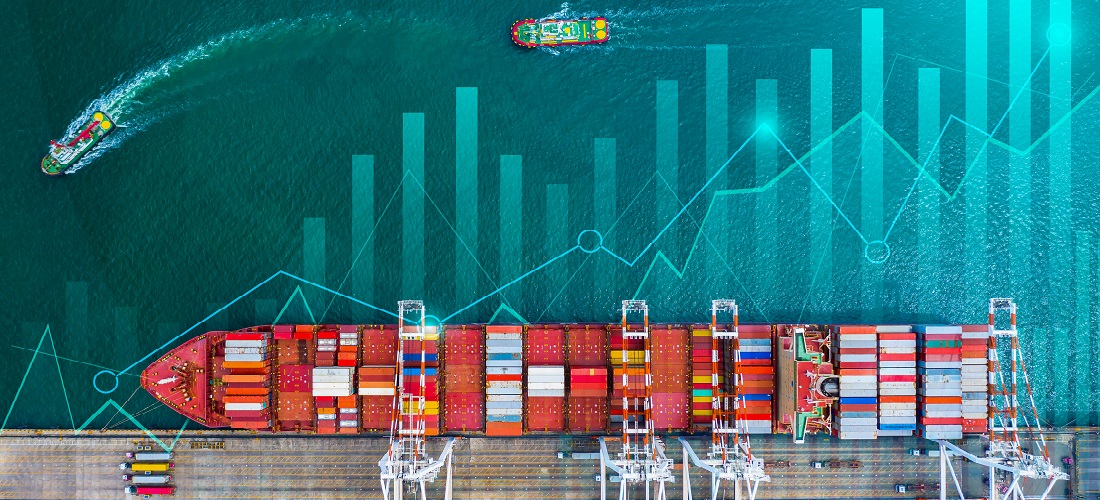
CNI Survey Reveals Half of Brazilian Exports to EU and China Face Trade Barriers
May, 24, 2024 Posted by Gabriel MalheirosWeek 202421
A recent survey conducted by the National Confederation of Industry (CNI) unveiled that nearly half of Brazilian products exported to the European Union (EU) and China face trade barriers, posing significant challenges to market access.
According to the study, out of the US$151 billion worth of goods sold to the EU and China, over US$79 billion face trade obstacles, constituting approximately 23% of Brazil’s total exports in 2023.
CNI’s findings have prompted the organization to identify these barriers and engage with the Brazilian government to address and negotiate their elimination collaboratively.
The primary aim is to enhance market access and bolster the participation of Brazilian industries in global trade.
The 2024 edition of the Trade Barriers Report highlights the key obstacles faced by Brazilian exporters, with a total of 85 barriers identified, marking a 10% increase from the previous edition released in 2023.
Of these barriers, the report underscores that the majority are concentrated in the EU (18), China (7), and Japan (7). Other countries with notable barriers include Argentina (6), Saudi Arabia (5), Mexico (5), India (4), United States (4), Colombia (3), and Uruguay (3).
Constanza Negri, CNI’s International Trade and Integration Manager, explained that the growth of Brazilian exports and the surge in participation in world exports hinge on two factors: tackling domestic issues related to competitiveness, and gaining access to new markets, aiming for a bigger share of Brazilian products in other economies.
Negri stated, “Eliminating obstacles requires a proactive and persistent diplomatic strategy by the Brazilian government, that can be informed by the insights provided in our report.”
A gerente de Comércio e Integração Internacional da CNI, Constanza Negri, explica que o crescimento das exportações brasileiras e o aumento da participação nas exportações mundiais dependem de duas grandes medidas: as ligadas às questões domésticas, de competitividade, e as de acesso a mercados, com uma maior participação de produtos brasileiros em outras economias.
Economic barriers
Trade barriers, as outlined in the report, can manifest in various forms such as laws, regulations, policies, or government practices that restrict foreign product access to markets.
“Restrictions have taken on new forms, which are often difficult to identify because they are more complex than traditional barriers. Different practices can be adopted at different phases of the foreign trade process. For example, demanding excessive requirements for goods to leave their origin country or when the product enters the purchasing market”, highlights the CNI.
CNI has been collaborating with sectoral associations and state industry federations to identify and confront these barriers since 2018, with a total of 130 barriers identified to date.
“Findings are presented to the federal government for due measures. Since 2023, such coordinated actions have helped to eliminate three barriers, including customs declaration for textiles in Argentina, excessive trade restrictions on the commerce of cosmetics with China, and the labeling requirement for foods and beverages in Peru,” notes CNI.
Foreign trade
On the global stage, the World Trade Organization (WTO) plays a vital role in addressing trade barriers, regulated through agreements such as Technical Trade Barriers (TBT) and Sanitary and Phytosanitary Measures (SPS).
Moreover, individual countries also undertake initiatives to monitor and address trade barriers, with bodies like the United States Trade Representative Office (USTR) and the European Commission publishing annual reports to track progress in removing obstacles to foreign trade.
-
Ports and Terminals
Jun, 17, 2024
0
Ecoporto wants contract renewed amid fierce dispute over Port of Santos area
-
Other Cargo
Dec, 23, 2022
0
Fertilizers: imports amount to 3.198mt in December
-
Ports and Terminals
Mar, 25, 2024
0
Armed Forces inspected nearly 10 thousand vehicles in five months of operation at the Port of Santos
-
Meat
Jan, 23, 2024
0
Uruguay: Exporters report “excellent” 2023 for live cattle market

